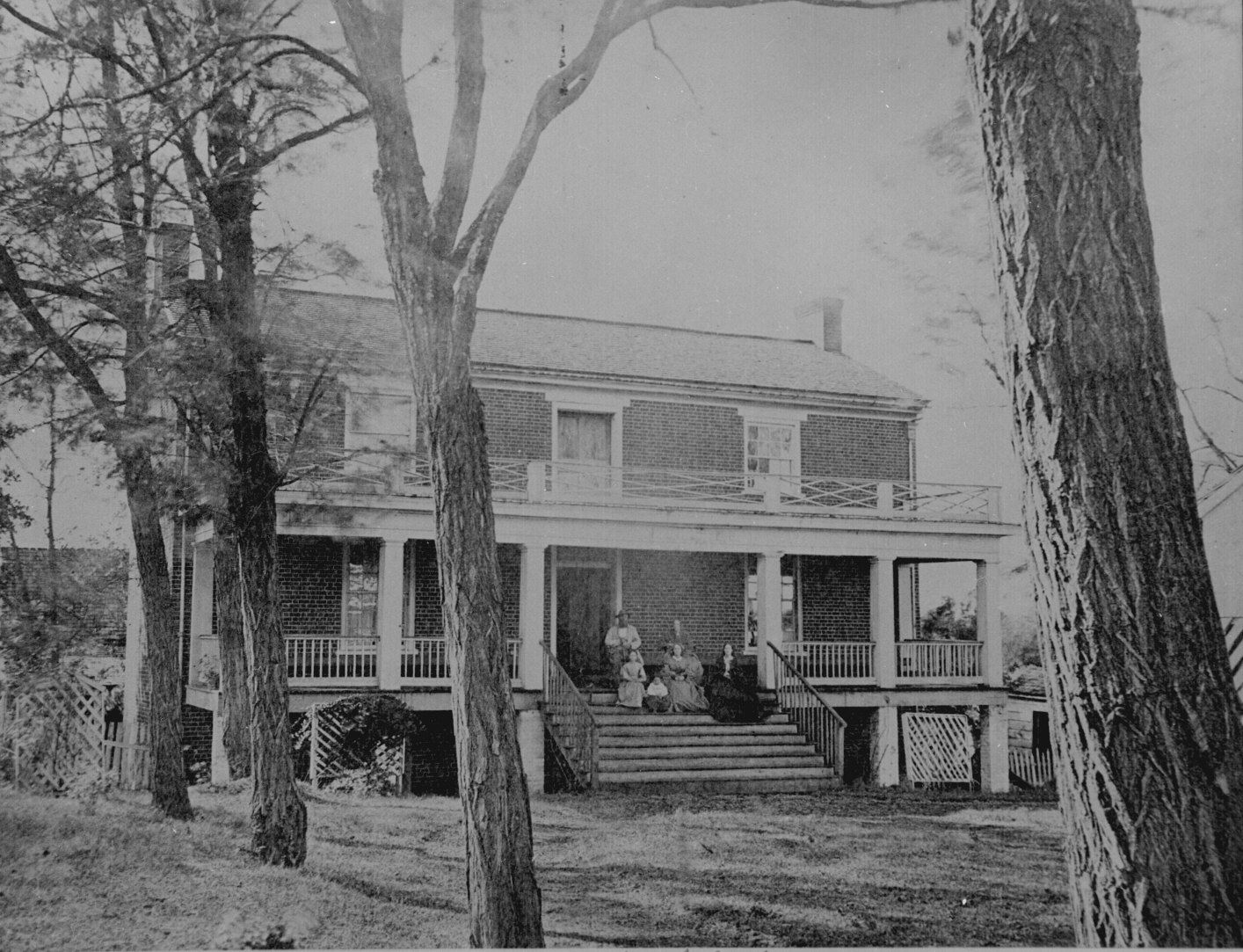My Grandfather's Grandfather
The Civil War ended exactly 150 years ago today, April 9 1865, and my grandfather's grandfather was there.
In the Living Room of Wilmer McLean
After an early morning skirmish revealed that the Confederate army had no options but to surrender, General Robert E. Lee, the commanding general of the Army of Northern Virginia, said this to one of his officers: "There is nothing left for me to do but to go and see General Grant, and I would rather die a thousand deaths."Lee and Grant met in the brick house of one Wilmer McLean, who, having lived in Manassas Junction during the first battle of the Civil War, the First Battle of Bull Run, had retired to Appomattox, only for the war to end in his parlor. In his memoirs, Grant records what happened next:
In his memoirs, Grant records what happened next:
When news of the surrender first reached our lines our men commenced firing a salute of a hundred guns in honor of the victory. I at once sent word, however, to have it stopped. The Confederates were now our prisoners, and we did not want to exult over their downfall."Personal Memoirs of U.S. Grant,?Chapter LXVII
The Terms of Surrender
The terms of the surrender were very generous and allowed the Confederate soldiers, their officers having sworn that they would not take up arms again against the Union, to leave for home almost immediately. In his memoirs, Grant explains what he was thinking when he was drawing up the terms of surrender with General Lee:
I then said to [General Lee] that I thought this would be about the last battle of the war--I sincerely hoped so; and I said further I took it that most of the men in the ranks were small farmers. The whole country had been so raided by the two armies that it was doubtful whether they would be able to put in a crop to carry themselves and their families through the next winter without the aid of the horses they were riding. The United States did not want them and I would, therefore, instruct the officers I left behind to receive the paroles of his troops to let every man of the Confederate army who claimed to own a horse or mule to take the animal to his home. Lee remarked again that this would have a happy effect."
The Young Man Who Walked Home from Appomattox
My grandfather's grandfather, a Confederate private in Lee's army, was there in Appomattox when the war came to an end, and being in the infantry and so having no horse or mule, walked home from Appomattox. He lived to be a very old man, and when I was a small boy I loved to hear my grandfather tell us stories about the young man who walked home from Appomattox.
